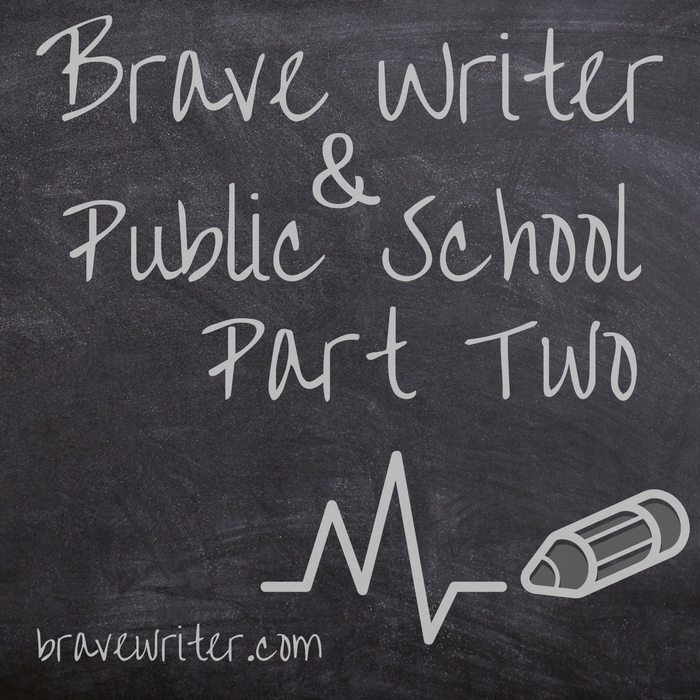 Craig Childs’ book, The Animal Dialogues (Uncommon Encounters in the Wild), is an insightful look at how a naturalist spends his free time. Liam, who is our animal-nut around these parts, is lapping up the delightful (and, at times, downright scary) encounters between human and beast.
Craig Childs’ book, The Animal Dialogues (Uncommon Encounters in the Wild), is an insightful look at how a naturalist spends his free time. Liam, who is our animal-nut around these parts, is lapping up the delightful (and, at times, downright scary) encounters between human and beast.
Childs divides the book into chapters that each contains a single animal. He then details the intersection between his curiosity and the animal’s natural instincts… often to the point where you wonder: What on earth were you thinking, Craig?
What makes this book such a delightful choice for you and your kids is… you guessed it: the writing. Childs is a natural story-teller. He grabs you by the shirt-collar and holds you against the wall until your pulse finally slackens as he demonstrates his improbable escapes.
Here’s a sample of his terrific writing:
“The grizzly bear is six to eight hundred pounds of smugness. It has no need to hide. If it were a person, it would laugh loudly in quiet restaurants, boastfully wear the wrong clothes for special occasions, and probably play hockey. It would also pursue secret solitude, disappearing for weeks on end while people were expecting it at upcoming meetings. At the moment, it was bold and aloof, making sure we knew we were being watched, but keeping its distance.”
The first section includes the following animals:
Bear
Coyote
Mountain Lion
Dog
Raccoon
Cat and Mouse (A hilarious chapter! We couldn’t stop laughing.)
Jaguar
He continues with birds (raptors!), moutain animals like elk and bighorn sheep, and then runs through the gamut of unusual fellows such as rattlesnakes, rainbow trout and even mosquitoes. His final ode is to the most complex beast of all: the human.
Childs is frequently a guest on NPR so you may have heard him share his bits of naturalistic advice and wisdom there. More than anything, I find this to be a perfect read-aloud. Each chapter has suspense and closure. You can read each one over a several month period, one per week, or read them all in a row (like we are).
Enjoy!





















